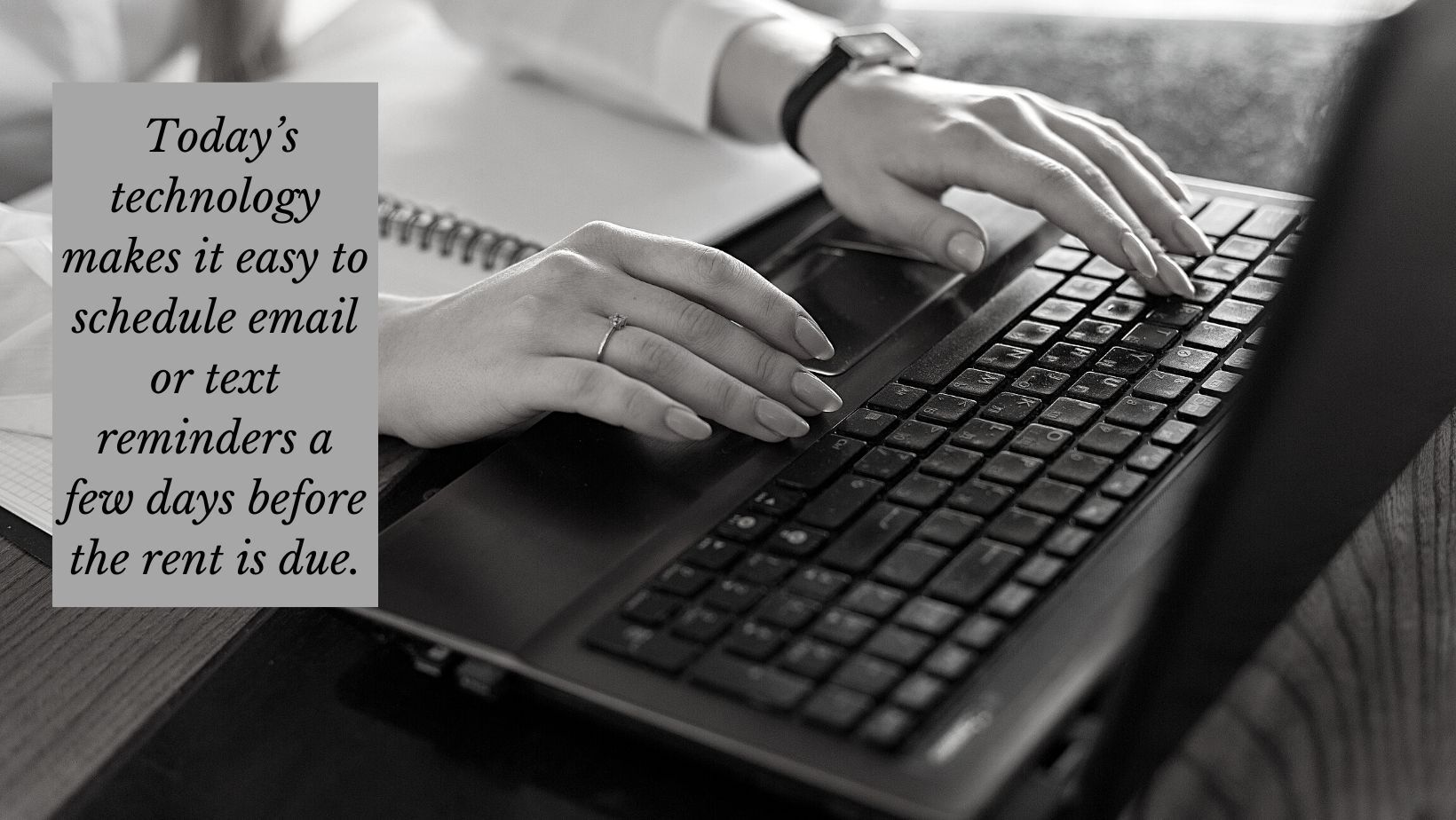Tips for Collecting Rent: Getting What You Are Owed

Late rent payments, or tenants who do not pay at all, can cause serious cash flow problems for a landlord. When things stand in the way of collecting rent in full and on time, owners will have trouble paying their own bills. Not only is this frustrating, but also expensive. Late fees for the mortgage, insurance, and taxes will add up. And failure to pay vendors and maintenance workers on time could result in their refusal to do future work, leaving landlords and their tenants without valuable resources.
Luckily, landlords are not entirely at the mercy of tenants who won’t pay. Knowing how to collect rent effectively is the key. Here are seven tips to make getting rent on time easier right from the start.
1. Screen for Tenants Who are Likely to Pay
Screening is not always foolproof, but it can weed out problematic tenants. In addition to criminal background checks, looking at a potential renter’s salary information, credit report, and financial fitness will be a good indicator of whether or not they can afford the rent. Prior evictions, foreclosures, or bankruptcies are red fags. Follow up with the person’s previous landlords and personal references to get a sense of their level of responsibility. Leasing to an individual with a reliable track record is usually a sign that collecting rent will not be a problem.
2. Make Policies Clear
A clear, concise lease is the best way to set expectations with new tenants. This includes not only the rent amount but also very specific rules about rent collection—and what will happen in the case of non-payment. As a legal document, it is the landlord’s best defense against late payers or those who default on their rent payments.
A good lease will state when rent is due, the length of the grace period if there is one, and details about late fees. In Missouri, a landlord cannot charge a late fee unless it is written into the lease. Renters can also be billed $25 plus any associated bank charges for bounced checks. By putting these details in the lease, tenants are legally bound to follow the rules or face clearly stated consequences.
3. Make Paying Rent Easy and Convenient
Getting rent on time is more likely when there are convenient ways to pay. Online banking has made traditional checks less common, especially for younger people. Giving tenants an online portal or an app-based payment option makes it easy for them to pay from their computer or phone. Automatic payments that are set up to come directly out of a tenant’s account on a set schedule make it effortless.
Many landlords still accept checks, but handling cash payments is far less common than it once was. Eliminating cash payments is a good idea. Landlords do not need the added responsibility and risk of handling money. And if a tenant prefers cash, it could mean that they do not have a bank account or credit card—possible signs of financial instability.

4. Set Up Automatic Reminders
Late payments sometimes happen because the tenant simply gets busy and forgets to pay their rent. Today’s technology makes it easy to schedule email or text reminders a few days before the rent is due. Additional notices can go out to those who have not paid within a few days of the due date. Busy tenants will appreciate getting a heads-up so they can pay on time and not incur a late fee.
5. Late Fees and Incentives
As we mentioned in #2 above, it is legal for Missouri landlords to charge late fees for missed rent. These fees are limited to $20 or 20% of the monthly rent, whichever is greater. The precise amount of the fee, along with the date it will be imposed must be written in the lease agreement. Late fees serve two purposes: Not only will they encourage people to make timely payments, but they are also a good way for landlords to recoup a bit of the money they spend on their own late fees.
On the flip side, some landlords give incentives to tenants who consistently pay on time. For example, a certain number of months of on-time payments might earn the tenant a discount on the next month’s rent. Or, perhaps the landlord hands out gift cards at the end of the year to tenants who have never missed a payment. A landlord is free to offer whatever rewards they like, provided they do not play favorites with certain tenants while discriminating against others.
6. Keep the Lines of Communication Open
A big part of a healthy landlord-tenant relationship is communication. When landlords take the time to talk to their tenants, collecting rent becomes just one more routine interaction. Landlords who get to know their renters (while respecting their privacy) are more likely to find out about life events like a job loss, illness, a new baby, etc., all of which could become hardships or distractions resulting in forgetting a payment. Follow up can be non-confrontational and friendly.
Sometimes, tenants might take it upon themselves to intentionally withhold rent without informing the landlord. For example, if something is broken in their apartment, they might feel justified in not paying until it is fixed. Tenants are only allowed to do this if the apartment is unsanitary or dangerous, and the landlord must be notified. Landlords can avoid this situation and continue getting rent on time by making sure tenants understand how to make maintenance requests—and by following through on repairs in a timely manner.
7. Consider Outsourcing to Select Leasing & Management
Outsourcing property management tasks to someone else is a sure way to make collecting rent easier for landlords. Companies like Select Leasing & Management in St. Louis can handle all aspects of getting rent on time, and resolve payment issues with tenants as they arise. They are also equipped to start eviction proceedings if it ever comes to that.
Select Leasing & Management has cracked the code of how to collect rent. It all starts by finding the best tenants and writing leases to make expectations known. User-friendly tools to make it easy for renters to pay and communicate their needs. In addition, they provide landlords with in-depth financial reports about the property so they can make the most of their investment.
Share this post










